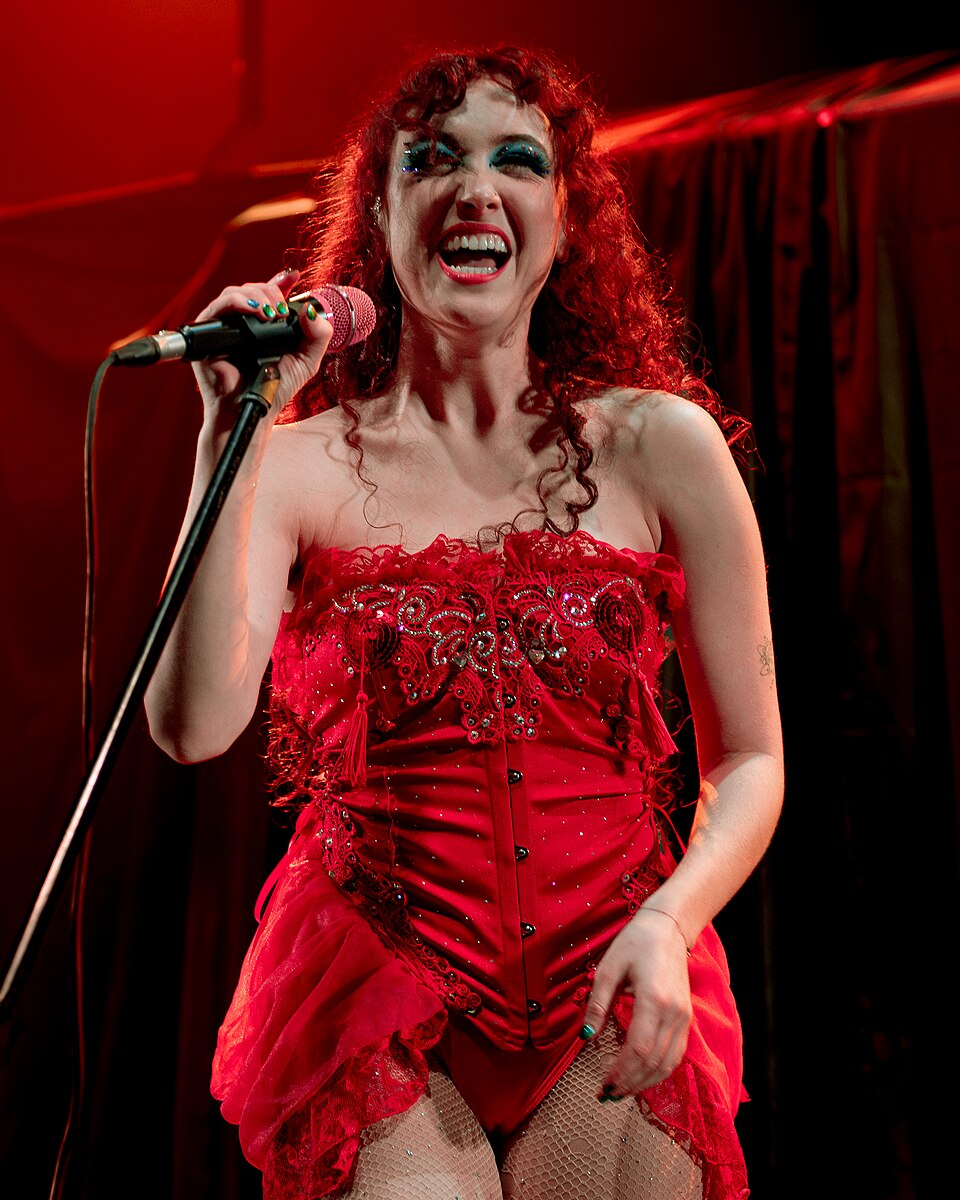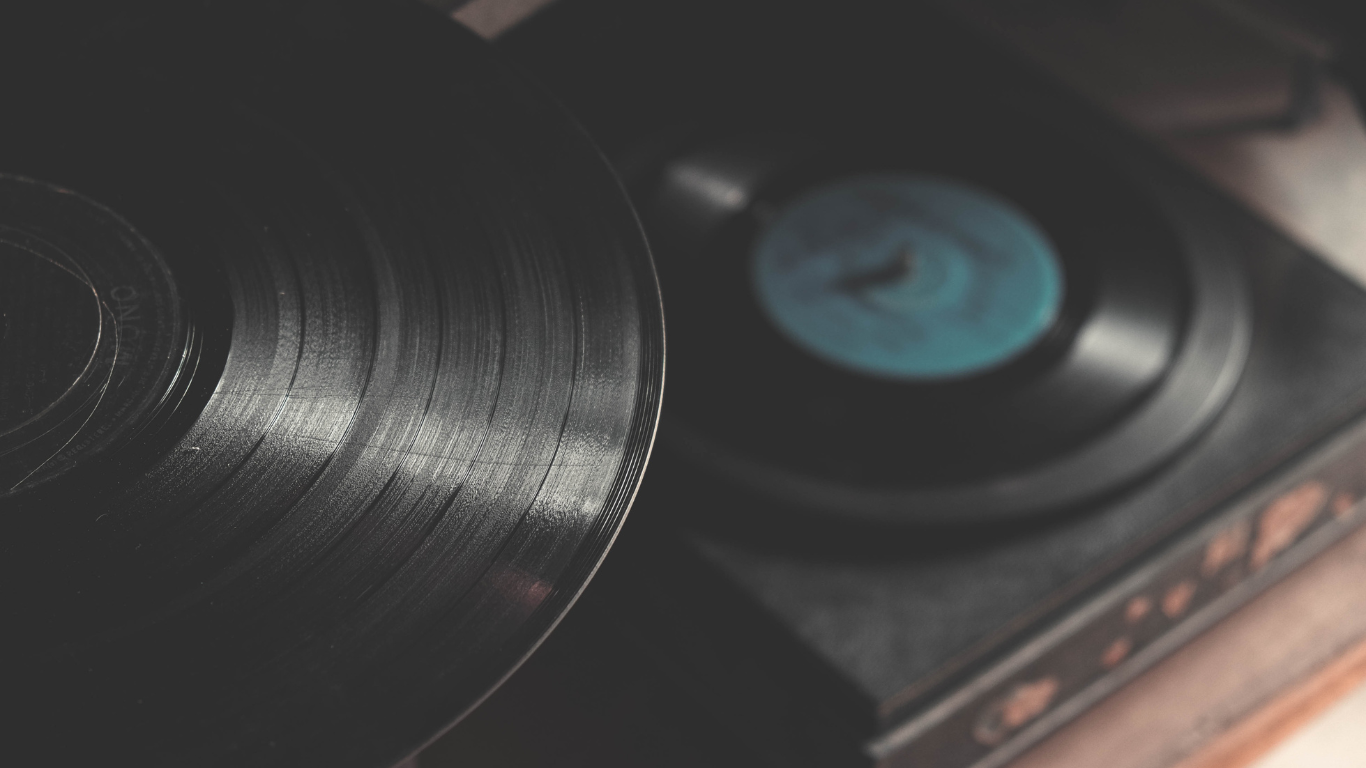
Justin Higuchi, CC BY 2.0 https://creativecommons.org/licenses/by/2.0, via Wikimedia Commons
It seems that nearly overnight, the pop sensation of Chappell Roan occurred. While she had been in the industry for roughly a decade, it was opening for Olivia Rodrigo, performing at Coachella, releasing Good Luck Babe!, and promoting her music through late-night television slots this year that turned her into a household name. However, beyond the fame, a recent series of TikTok and Instagram posts by Roan has sparked important conversations about boundaries—particularly how fans interact with artists.
On August 19, 2024, she posted two TikTok videos in response to the sudden superstardom she received. She asked viewers to consider how they would respond to seeing a random woman in public. Would they stalk her car? Would they harass her family? Would they be angry if she did not want to take a photo with them? The random woman in question, of course, is Chappell Roan herself. Because, as she shuts down the parasocial connection that people are forming, she wants the public to realize that none of us knows her.
When she went on Instagram to write these feelings again in a post, she expressed that she wanted to be in this industry for a “very, very long time,” which requires her to feel safe and comfortable in this career. People have been stalking and harassing her family and friends. People have been touching her without her consent. In a recent Rolling Stone interview, she stated that she had a stalker from back home in Missouri and had been randomly kissed by a fan in a bar. This ‘fan behavior’ has escalated past her boundaries, and if Chappell is not comfortable with its direction, should she not have the right to express it?
Celebrities have always lived under microscopes, but in recent years, it has become increasingly apparent that they are more successful in this industry if they do less to protect themselves and bridge relationships with their supporters. Take Taylor Swift, for instance. Fueling connections through secret listening sessions, selecting people to meet after her shows, and interacting with fan accounts brought her into stardom. However, this fame has come with the cost of stalking and harassment. Videos of fans waiting outside Electric Lady Studios, following her to her home, and even surrounding her best friend’s wedding have surfaced online. Her love and gratitude for her fans do not mean we should feel entitled to invade her privacy.
Another pop singer who has recently spoken up about boundaries is Madison Beer. She took to Instagram to explain why she declined to take photos with fans at her hotel. As she puts it, “While on tour hotels are essentially my temporary home and i’m entitled to some private time same as anybody else.” She continues to explain that taking photos in the hotel can lead other people to discover where she is staying. Beer deserves to feel comfortable and safe while on tour. Deciding to be an artist should not take that right away from her. In a since-deleted TikTok from April 2024, a user called out Reneé Rapp for being a ‘mean girl,’ as she declined to take a photo when they were both at the VIP bar in Coachella. The video creator said she denied the photo because she was “about to head out,” though she did not leave after. However, one has to wonder if the reason even matters. Perhaps, as she took a break from performing at the festival with her friends, she did not feel like taking a photo. And that is explanation enough.
As Roan continues to drive this conversation about boundaries, it is time to remember that artists are people, and creating art is their job. As fans, we support them. We purchase their records, attend their shows, and wear their merch. We post about them on our social media accounts. Some of us even run blogs. In return, what are we given? Art. They do not owe us hugs, autographs, and conversations so heavy that they become therapy sessions. Music should never be transactional in the way of physical connection. It is transactional in the way of music. We listen, we buy, we support, and in return, we receive more music. Behind the glitz, glamour, and guardrails of Chappell Roan is just a woman who wants to continue this project in a way most comfortable for herself. And that is something we should all respect.
